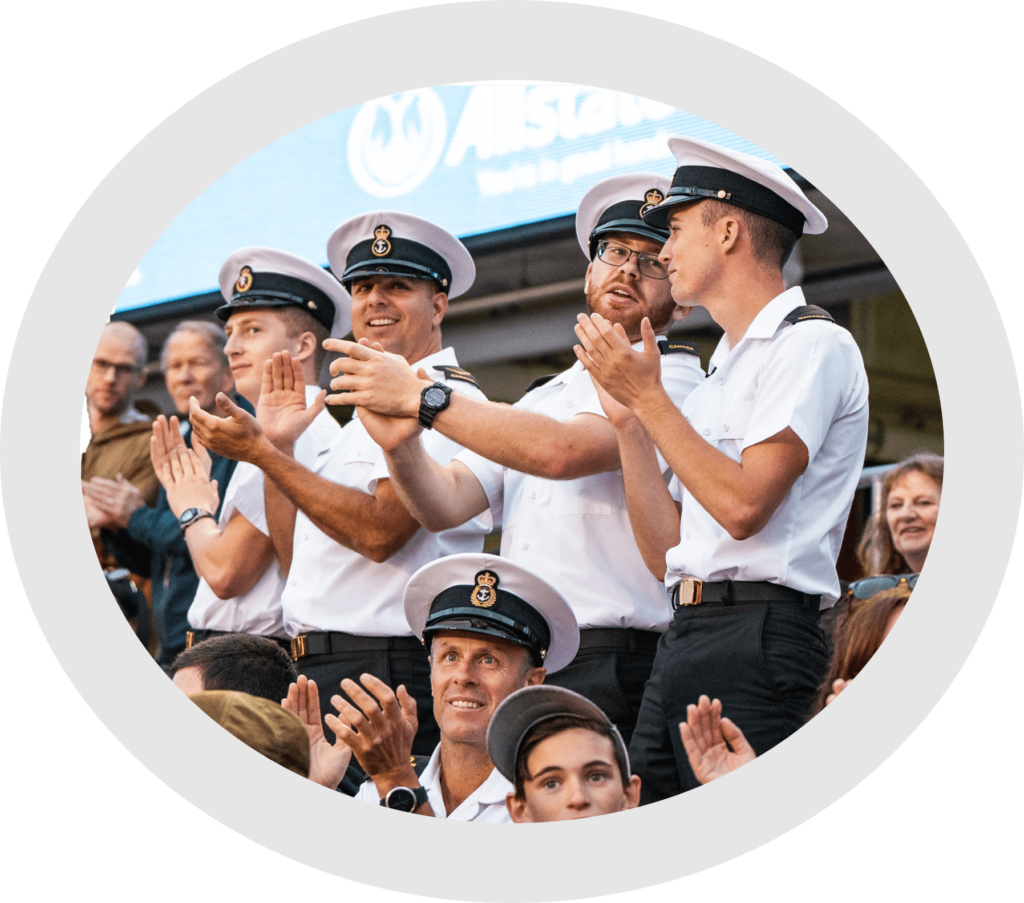- info@codingforveterans.com
- 1-800-317-0058
- info@codingforveterans.com
- 1-800-317-0058
- info@codingforveterans.com
- 1-800-317-0058
Coding for Veterans aims to assist transitioning Canadian military and current veterans with their move from military service into good paying, high-demand information technology and cyber security jobs.
At the most basic level, programming is a broader discipline while coding is considered as narrower. Coding involves writing many lines of code in order to create a software program. Some more experienced programmers use the word “coder” as jargon to refer to a beginner (junior) software developer.
Those who have served in the Canadian Armed Forces generally have the soft skills necessary to become a good coder. It takes a fair bit of time and practice to get good at it. Being able to follow instructions and stay focused are key attributes to learning coding.
Coding for Veterans has an application form on the website. Once someone registers and confirms they are either in the Transition program or already Released we have them complete the C4V Intake Assessment.
The Assessment helps determine 3 things: if they have the general Cognitive Aptitude, Personal Motivation and Collaborative Personality traits most often considered core to those working in the coding environment.
There are two streams, the basic level and a more advanced cyber security stream for someone with significant directly related experience. Most interest is directed toward the basic level, which is an eight-month college program that teaches several of the most in-demand programming languages.
All Coding for Veterans training is delivered online and asynchronous so you can learn at home at your own pace. The basic program can be completed in 8 months and consists of four 7-week sprints of three courses per sprint. Intake to the Program is pretty well continuous, with a new cohort able to start every other month.
We aren’t aware of any other group quite like Coding for Veterans. As industry members we started with a focus on the job and mapped the process back to the common skill sets of a Veteran or Transitioning Military member. The only metric that matters to us is the good sustainable job the Veteran gets at the end of the training we provide.
We aren’t aware of any other group quite like Coding for Veterans. As industry members we started with a focus on the job and mapped the process back to the common skill sets of a Veteran or Transitioning Military member. The only metric that matters to us is the good sustainable job the Veteran gets at the end of the training we provide.


People in the CAF have significant training available throughout their service careers. They learn and develop many core soft skills in areas like: Leadership and teamwork, Structure and discipline, Adaptation to dynamic conditions, Commitment to the “right thing”, Loyalty, and Resilience. Coding benefits from all those skill sets.
But one thing that stands out – Security Clearance. If you can maintain your security clearance when you Release that has significant value in starting your new IT career!
It does. But you would need to follow the VAC process and have your learning program approved through that process. Once you register for the program you receive notice of acceptance from the College and that is what VAC needs in order to release your funding. You pay the College directly once you receive the funds from VAC. The College then generates your student number and gives you access to all the student materials in your program.
After the Intake Assessment and interview, C4V connects you to the College Coordinator, and then continues with a lead role in the Organizational Behaviour for Transitioning Veterans “Capstone” course. C4V provides industry mentors to help you in the move to the IT industry and arranges peer meet-ups – either virtually or in-person where appropriate. C4V provides industry news and insights to help you focus on the endpoint of your training.
You need to discuss that with your PSO. There are some programs within CAF that may allow you to start the training before full Release. If you qualify for sufficient funding in the Occupational retraining stream you would be able to take the C4V courses with proper authorization.
We have several employers tell us that they want to hire ever graduate we can get through the Coding for Veterans Program! There are over 182,000 IT jobs that will be unfilled by the end of 2020. Organizations like IBM, RBC, Federal and Provincial governments, even the Department of Defense is looking for this type of skilled person.
There are openings right across the country. Some require you to be in an office work environment and some can be done from home – and others are a hybrid with work-from-home options a few days a week.
Job titles vary with the skill or specialization. If you want to use the coding skills to be a Web Developer that is an option. Starting out one might be a Junior Software Developer, or a Systems Analyst. If you take a cyber security specialization you may be a Security Analyst.